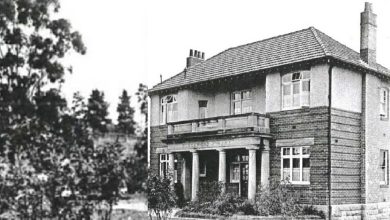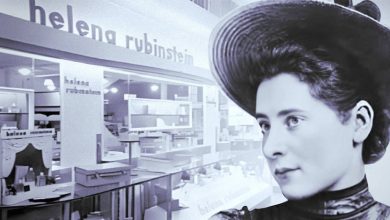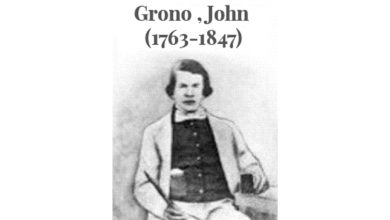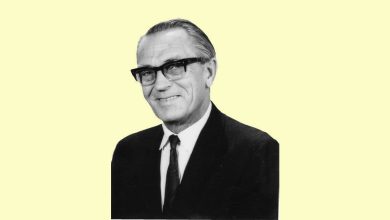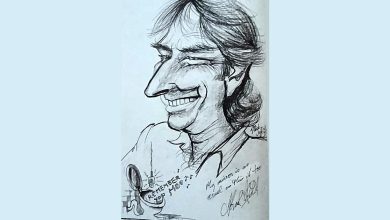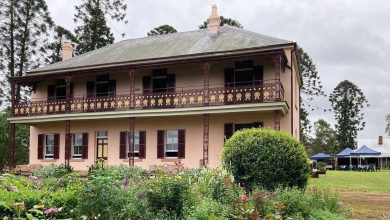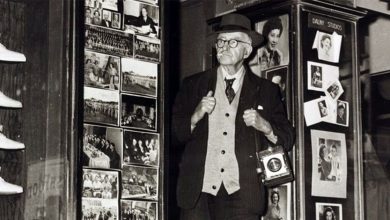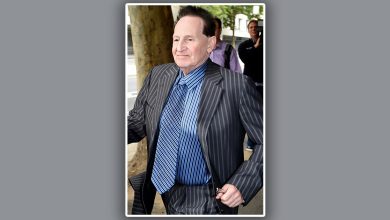BY IVOR JONES
Regular reader and contributor to this publication, Mary Leonora Smith of Old Toongabbie tells of how it was for her parents back around in the early 1920s in Australia and during the depression years of 1929 to 1942.
Leaving England in his mid-twenties, my father migrated to Australia to see what life was like on this side of the world. He liked what he saw and wrote glowing letters home to the girl he planned to send for. However, before this happened war was declared and he returned to England to join the armed forces. After serving for almost two years in France he returned home and they were married in England instead.
When the war ended in 1918 he returned with his young bride to resume the life they had planned in Australia. They arrived with few possessions, very little money but with stout hearts and a will to work and make a home for the family they hoped to raise in their new country.
Shortly after their arrival, my father, with the help of an overdraft, but unfortunately no previous farming experience, bought a small, stocked poultry farm. It was not long before he was visited by a plausible poultry dealer who convinced him that he should exchange his white hens for black ones. Taking the advice in good faith, the exchange was made but it soon became evident that the new hens were sick and most of them died.
Another small loan was arranged, the hens replaced once again and with egg prices rising the bank was slowly being repaid. The new hens did well for several months but suddenly developed an eye disease which blinded them and soon the poultry farm was finished.
A second mortgage was raised on the seven acre farmlet; a small herd of cows, a bull and a horse and cart were bought. Almost single handed my father felled trees, built barns, ploughed paddocks and sowed crops to feed his stock. Working the farm by day and delivering the milk at night, they managed to survive the next two years. There was little comfort in the old farmhouse but they were happy and the birth of their third child completed the family they were determined to have.
The good times were not meant to last though, as my father developed a skin disease from the milk and this meant he had to employ someone to milk the cows. I can just remember this young man, he was tall and bony, I remember too how my parents used to laugh about the time they had getting him to take a bath. When the ordeal was completed, however he said “If I’da knowed it was so good I’da had one before.” This humourous little incident was often recalled in later years.
His name was Dick and he had to be paid, fed and housed and this inroad into profit meant the occasional sacrifice of a cow. The choosing was sad and difficult as they had all become pets and it was hard to see them go.
Times were hard for customers too, stories of hardship were shared daily and lasting friendships made. For as long as he could, my father sold milk cheaply and gave it free to families with young children who could not afford to pay. Eventually the income was not enough to feed the stock and repay the bank and it was a sad day when we watched the remaining eleven cows, the big friendly Jersey bull and the machinery being loaded onto trucks. We cried as we disappeared around the bend in the old Seven Hills Road.
(to be continued in the next issue)

